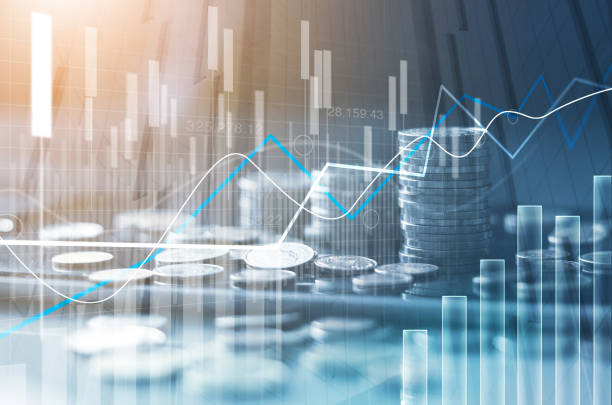1. Introduction
Economic policies are the rules and strategies that regulate the economy of a country. Your policies depend on government decisions that affect economic growth, inflation, unemployment, and overall financial stability. Political decisions, related to the agenda and priorities of political parties and leaders, shape economic policies. In this article we will see how political decisions affect economic policies and how this affects the economy.
2. Political stability or economic development

There is a gap between political stability and economic development. When a country has political stability, investors and businesses have more confidence. A stable political environment provides continuity to economic policies, which attracts business and foreign investors. Conversely, political instability, such as frequent regime changes, corruption, and policy uncertainty, negatively affects economic growth. This instability slows economic growth and worsens the investment climate.
3. Fiscal policies and government spending
Fiscal policies, which cover government spending and taxation decisions, have a direct impact on the economy. Political decisions such as tax rates, government spending priorities, and budget deficits shape fiscal policies. If the government invests more in health care, education, and infrastructure, it has the power to promote long-term economic growth. But if the government imposes high taxes or spends unnecessarily, it can lead to economic problems, such as lower consumer spending and less business investment.
4. Monetary policies or central bank decisions
Monetary policies, which relate to the decisions of the central bank, are used to regulate the economy. Decisions by political leaders, such as the appointment of the central bank governor and the goals of monetary policy, influence monetary policies. The central bank’s interest rate decisions and money supply management have a direct impact on economic growth or inflation. When the central bank lowers interest rates, it encourages borrowing and spending, which promotes economic growth. But if interest rates are high, it’s harder to curb borrowing and spending, which slows down the economy.
5. Trade policies or international trade relations
Trade policies, which define import and export regulations, are heavily influenced by political decisions. Governments negotiate trade agreements and tariffs, which affect global trade relations and domestic industries. If a government signs free trade agreements, it gives businesses access to global markets and boosts economic growth. But protectionist policies, including high tariffs and trade barriers, protect domestic industries, restrict global trade, and raise consumer prices.
6. Social policies or economic inequality
Social policies, including income distribution and welfare programs, do depend on political decision-making. Governments implement welfare programs, social security, and public health measures that address economic inequality. Agar expands the government’s social welfare programs, which help low-income families and reduce poverty. Conversely, policies that cut social spending or promote inequality can widen economic disparities, which can affect overall economic stability and social cohesion.
7. Investment policies or economic development

Investment policies, which regulate foreign direct investment (FDI) and domestic investment, are influenced by political decisions. Governments promote investment-friendly policies that help in economic growth and job creation. If political leaders provide investment incentives, such as tax breaks and subsidies, this attracts investors and promotes economic growth. But, if investment policies are inconsistent and unpredictable, they undermine investor confidence and hinder economic growth.
8. Regulatory Policies and Business Environment
Regulatory policies, which define business operations and market regulations, are based on political judgment. Governments establish regulatory frameworks that establish the operating conditions for businesses. Businesses face compliance challenges and increased operational costs if political leaders impose stricter regulations. On the other hand, deregulation and business-friendly policies can improve the business environment, which promotes economic growth and innovation.
9. Labor market policies and employment

Labor market policies, which regulate minimum wages, employment laws, and labor rights, are influenced by political decisions. Governments shape labor market policies that affect employment opportunities and working conditions. If the government increases the minimum wage, it increases the purchasing power of workers, also increasing the operational costs of businesses. Conversely, relaxed labor regulations and minimum wages have the power to increase economic competitiveness, negatively affecting workers’ job security and income levels.
10. Long-Term Implications and Policy Continuity
It is important to consider the long-term effects of economic policies, which are directly linked to political decisions. Continuity and stability of policy is to ensure long-term economic planning and growth. When political leaders implement consistent and forward-looking policies, they provide businesses and investors with a long-term vision.
However, frequent policy changes and political upheavals increase economic uncertainty and make it difficult to achieve long-term economic goals. Therefore, there is a need to understand the long-term effects of political decisions as well as economic policies and implement effective policies.
This article helps to understand how political decisions affect economic policies and how this affects the overall economy. Every political decision has deep and far-reaching economic implications, requiring policy makers to take careful and informed decisions that ensure economic stability and growth.
